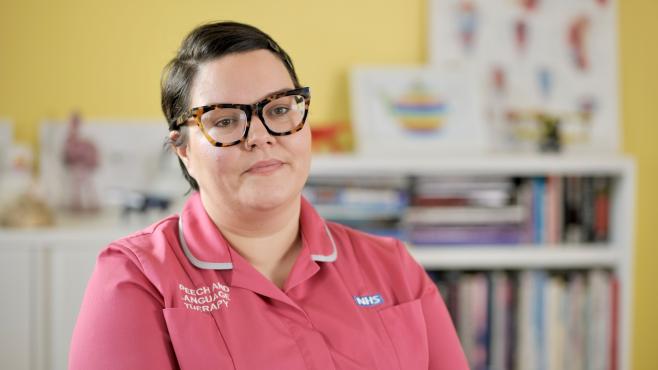You are here
Definitions, Background and Scope
Definitions
Practice-based learning and placements
Practice-based learning (PBL) takes place during placements which involve a range of learning opportunities to support the student’s development. A placement is where students apply and consolidate their learning, bringing together academic theory and workplace practice to develop skills and competencies needed to register as health and care professionals. PBL is supervised and structured to enable progress towards learning outcomes and usually involves assessment of the student.
Mental health services and settings
Mental health services and settings are the range of places where health and care are delivered to people experiencing mental ill health or distress. This includes both NHS and other statutory services, in in-patient settings and community settings. Mental health needs are met in primary care, secondary care, specialist mental health services, in in-patient settings and residential services, education settings and in the private, voluntary and community sector. Mental health services incorporate medical/psychiatric, psychological, occupational, social and peer-led recovery interventions.
Mental health services support people experiencing a wide range of difficulties and diagnoses including depression and anxiety, psychosis, personality difficulties, trauma-oriented difficulties, addictions, eating disorders, bi-polar disorders, neurological disorders and other related conditions.
Learning disability services and settings
People with learning disabilities receive care and support from a wide range of agencies and services both inside and outside the NHS. Specialist services offer support and care in the community, residential, in-patient and education settings. People with learning disabilities may also have autism spectrum disorders and experience other neurodiversity.
Learning disability services incorporate medical/psychiatric, psychological, occupational, social and peer-led advocacy interventions. People with learning disabilities often have physical and mental health needs and some services are integrated. However, many people with learning disabilities have unmet mental health needs.
The term learning disability setting has been used as an umbrella term in this guide and includes services for people with autism without a learning disability.
Note: It is important to note that services are commissioned differently across the UK and some NHS Trusts provide both mental health and learning disability services, some only one and some are integrated Trusts providing physical healthcare as well. This guide refers to placements specifically with people experiencing mental illness and distress and people with learning disabilities in specialist services.

AHP Pre-registration Student Practice-Based Learning Programme
The NHS requires more people working in AHP roles to meet the care demands it will face over the coming years. To achieve this more student AHP’s are required, leading to a need for an increase in placement capacity. The placement expansion programme has focused on developing placements in a wider range of settings, introducing new types of placement opportunities to expand practice learning beyond traditional models of care. This has allowed students to undertake placements in new clinical areas, focus on research and education skills, leadership skills, role-emerging placements and to expand AHP practice into new areas of healthcare provision.
Mental Health and Learning Disability PBL
Not all AHP training programmes include mandatory placements in mental health and learning disability services, but some professions are more embedded in these services and therefore placements are more common. For example, all occupational therapy students have to do a placement in mental health. The arts therapies (art, music and drama), as psychological professions, tend to experience placements in mental health, less so in learning disability settings. Placements in mental health and learning disability settings have been far less common, in dietetics, paramedicine, physiotherapy and speech and language therapy. This guide highlights how important developing placements in mental health and learning disability services is for patients and service users, students and training institutions and for employers looking to expand the future workforce.
This guide, and accompanying resources, will be useful for those considering, or involved in AHP placements including:
- AHP students
- Higher Education Institutions/Education Providers
- Placement Providers
- Service Development Managers
This guide was developed as part of a project which includes other resources, including a short film, available on the HEE website. Add link here
It contributes to a wider goal of HEE to ensure the skills of AHP’s are recognised and understood as key contributors to the mental health and learning disability workforce in the future.
All AHP sudents require good understanding of the needs of people experiencing mental ill health and people who have a learning disability. People with mental ill health and people with learning disabilities are users of all healthcare services, not just mental health and learning disability specific services. This guide focuses on developing placements particularly on professions most likely to contribute to the mental health and learning disability workforce; art therapists, dietitians, drama therapists, music therapists, occupational therapists, paramedics, physiotherapists and speech and language therapists but may also be useful for other professions.